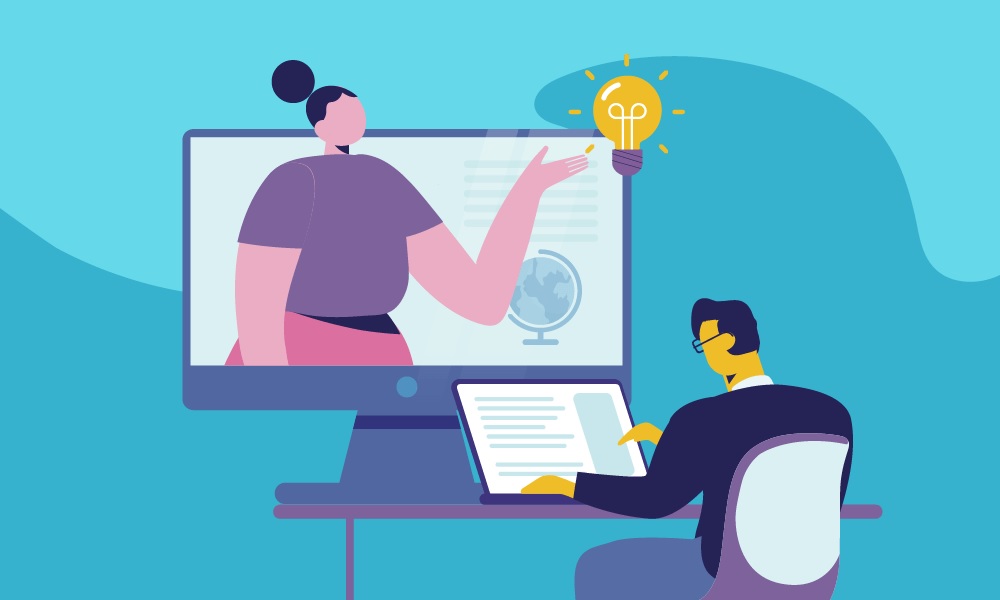The workforce of the future will require continuous learning to keep up with the rapid pace of technological advancements and changing job market demands. The concept of continuous learning refers to the ongoing process of acquiring new skills, knowledge, and competencies throughout one’s career.
The Need for Continuous Learning
In today’s rapidly evolving job market, the skills and knowledge that were in demand yesterday may not be relevant tomorrow. The rise of automation and artificial intelligence is transforming the way we work, making certain jobs redundant while creating new opportunities that require different skills. To stay competitive and employable, individuals need to continuously update their skills and knowledge.
Moreover, the lifespan of skills is getting shorter. The skills that are in demand today may become obsolete in a couple of years. This means that individuals need to keep up with the latest trends and innovations in their field to remain relevant.
The Benefits of Continuous Learning

Continuous learning has numerous benefits for individuals and organizations alike. For individuals, it enhances employability and career prospects. It enables individuals to adapt to changing job market demands, take on new roles and responsibilities, and stay up-to-date with the latest trends and innovations in their field.
For organizations, continuous learning helps to build a skilled and agile workforce. It enables organizations to adapt to changing market demands, innovate, and stay ahead of the competition. It also helps to attract and retain talent by providing opportunities for career development and growth.
How to Foster a Culture of Continuous Learning
Fostering a culture of continuous learning requires a concerted effort from both individuals and organizations. Here are some ways to promote continuous learning:
- Encourage self-directed learning: Individuals should take ownership of their learning and seek out opportunities to develop their skills and knowledge.
- Provide learning opportunities: Organizations should provide training and development programs that enable employees to acquire new skills and knowledge.
- Recognize and reward learning: Organizations should recognize and reward employees who demonstrate a commitment to continuous learning.
- Lead by example: Leaders should model a commitment to continuous learning by investing in their own development and encouraging their teams to do the same.
The concept of continuous learning is essential for the future workforce. It enables individuals to adapt to changing job market demands, stay up-to-date with the latest trends and innovations in their field, and enhance their employability and career prospects. Organizations that foster a culture of continuous learning will build a skilled and agile workforce that can adapt to changing market demands, innovate, and stay ahead of the competition.





